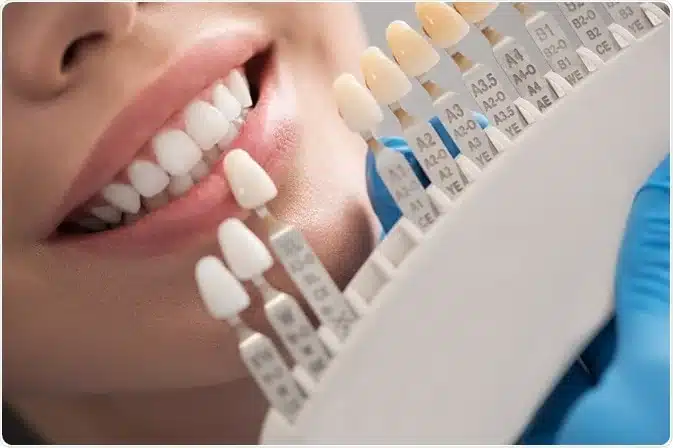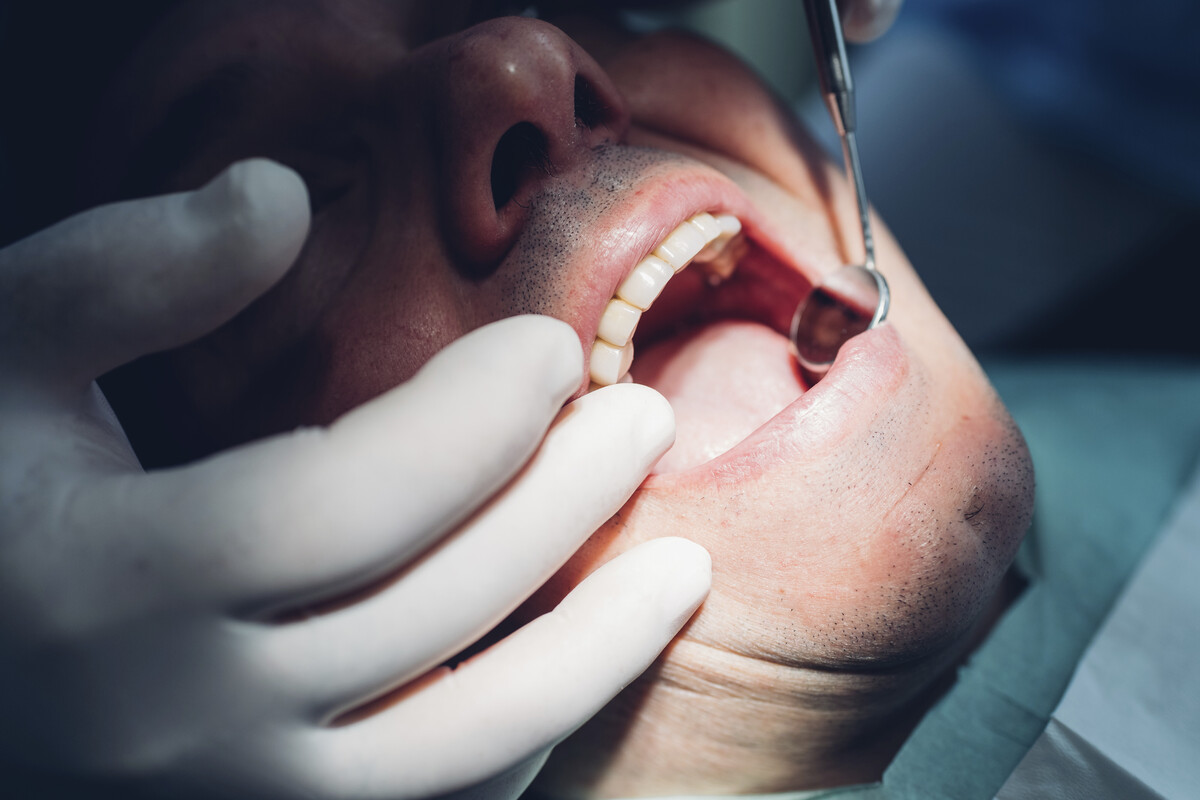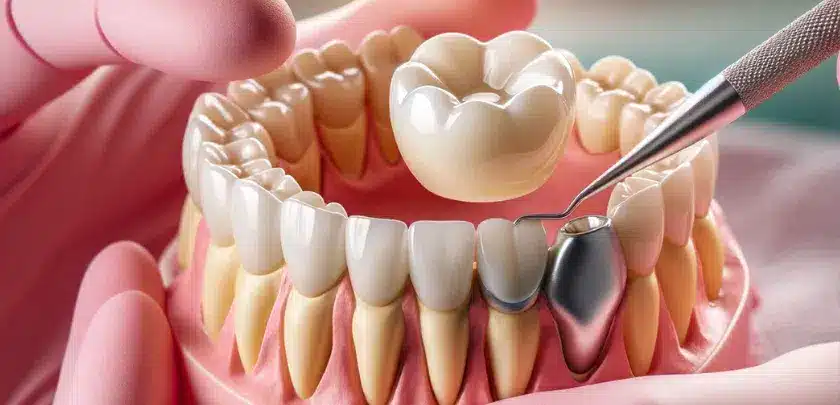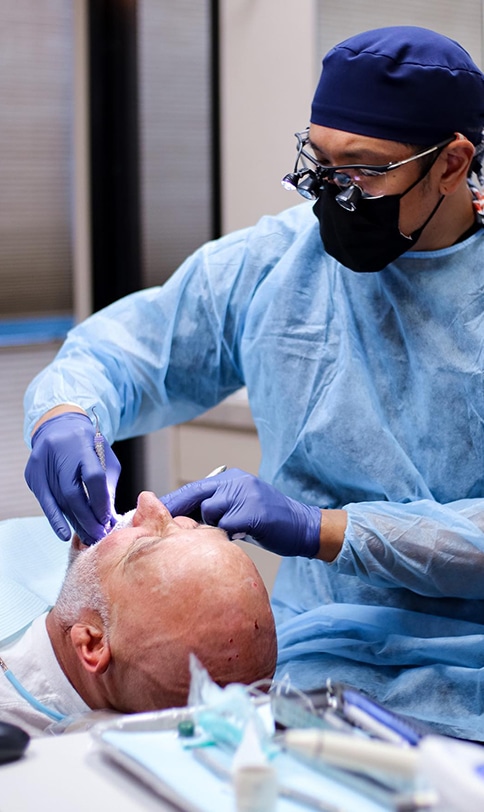E-mail Us
How Should I Care for a New Dental Crown?

A new dental crown can be a transformative experience. It restores a damaged tooth, improves your bite, and enhances your smile. But just like any dental work, a crown requires proper care to ensure it lasts for years. Let’s delve into the essential steps to keep your new crown healthy and functional.
Maintaining a Squeaky Clean Routine
- Brushing: This might seem like a no-brainer, but it’s crucial. Brush your teeth twice a day using a soft-bristled toothbrush and fluoride toothpaste. Be gentle around the crown, paying special attention to the gumline where plaque buildup can occur. Consider an electric toothbrush for a deeper clean.
- Flossing: Food particles can get trapped between your crown and surrounding teeth, leading to decay. Flossing daily removes these particles and promotes healthy gums.
- Mouthwash: While not a replacement for brushing and flossing, an antibacterial mouthwash can provide an extra layer of defense against plaque and bacteria. Opt for an alcohol-free rinse to avoid irritation.
Dietary Choices for a Happy Crown
- Say No to Hardness: Your crown is strong, but it’s not invincible. Avoid chewing on hard foods like nuts, ice cubes, popcorn kernels, and hard candy. These can chip, crack, or even dislodge the crown.
- Sticky Situations: Sticky candies and fruits can get lodged around the crown, promoting bacterial growth. Be mindful of these treats and clean your teeth thoroughly afterward.
- A Balanced Bite: Don’t use your crowned tooth to crack open nuts or bottles. This can put undue stress on the crown and potentially damage it.
Listen to Your Dentist’s Wisdom
- Regular Checkups: Schedule regular dental checkups and cleanings, typically every six months. This allows your dentist to monitor the crown for any signs of wear, decay, or loose fit. Early detection can prevent minor issues from turning into bigger problems.
- Nighttime Grinding: If you grind or clench your teeth at night, talk to your dentist about a custom-made nightguard. This protects your crown and other teeth from the wear and tear caused by bruxism.
- Sensitivity: It’s normal to experience some sensitivity after getting a crown. However, if the sensitivity persists or worsens, inform your dentist. They can investigate the cause and recommend solutions.
Habits to Break for a Healthy Smile
- Smoking and Tobacco Use: Smoking and chewing tobacco stain your teeth and negatively impact gum health. This can lead to problems around the crown and potentially shorten its lifespan.
- Nail Biting and Chewing: These habits can damage your crown and surrounding teeth. Find healthier stress relievers like meditation or fidget toys.
Taking the Extra Step
- Use the Right Tools: Invest in a soft-bristled toothbrush and non-abrasive toothpaste to avoid scratching the crown’s surface.
- Beware of Stains: While some crowns resist staining better than others, strong coffee, tea, or red wine can leave a mark. Consider using a straw to minimize contact with staining beverages.
- Listen to Your Body: If you experience any pain, discomfort, or chipping around your crown, contact your dentist immediately.
Living a Long and Healthy Crown Life
By following these simple steps, you can ensure your new dental crown thrives for many years. With proper care, your crown will continue to enhance your smile, restore functionality, and boost your confidence. Remember, a crown is an investment in your oral health, so treat it with the respect it deserves.
Bonus Tip: Consider rinsing your mouth with water after each meal to remove food particles and freshen your breath.
Maintaining a healthy crown is all about consistency and vigilance. With a little effort, you can keep your crown shining bright and your smile healthy for years to come.









